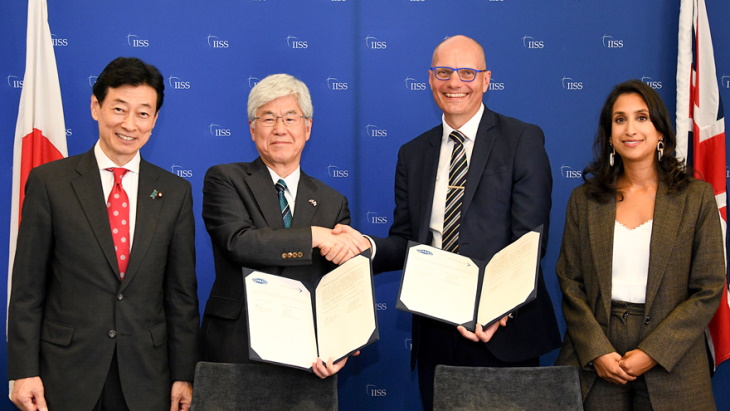
In December 2022, the UK government announced funding of GBP60 million (USD75 million) for research into HTGRs, a type of Advanced Modular Reactor (AMR), aimed at helping to get a demonstration project up and running by the end of the decade. Following an initial call for evidence, the focus for the AMR R&D programme was placed on HTGR technology last year.
Phase A of the AMR R&D programme led to six successful bidders for pre-FEED (Front End Engineering Design) studies for reactor demonstration and fuel demonstration. Phase B is described as "an open, competition-based programme designed to produce up to two HTGR FEED mature enough to enter regulatory review, carry out associated research and development activities, and produce robust delivery plans for a potential Phase C". Phase B will conclude in February 2025. Phase C will see the licensing, construction and operation of an HTGR in the early 2030s.
On 18 July this year, the UK Department for Energy Security and Net Zero (DESNZ) announced that a team comprising NNL and JAEA was selected as one of the project entities to implement the Phase B reactor project. They received funding of GBP31 million. In parallel, DESNZ also announced that Phase B will also push the development of an advanced fuel required for AMRs, through the Coated Particle Fuel (CPF) – Step 1 Programme. NNL, working with JAEA, has been selected by DESNZ to deliver this fuels programme which will build expertise, knowledge and collaboration on coated particle fuel fabrication and scale-up activities.
In 2001, JAEA and NNL concluded a technical cooperation agreement and have been co-operating with the focus on the areas of nuclear fuel cycle and radioactive waste management as well as advanced reactors. The agreement was renewed in April this year to further strengthen the cooperation for another five years.
The latest memorandum will enable the continued cooperation between NNL and JAEA in the deployment of HTGRs and in the development of AMR fuel.
"Investing in cutting-edge research and development is a key part of our plans to generate up to a quarter of all the UK's electricity from nuclear by 2050 – helping to grow the economy, reduce bills, reach net zero and strengthen our energy security," said UK Secretary of State for Energy Security and Net Zero, Claire Coutinho. "The UK is at the forefront of nuclear innovation, and today’s agreement will see greater collaboration with our Japanese partners to accelerate next generation technologies like Advanced Modular Reactors and take nuclear to the next level."
"These programmes build on our long partnership with JAEA, who we have collaborated with for civil nuclear power for over 20 years," added NNL CEO Paul Howarth. "Our joint decades of experience enable us to accelerate the design of these new reactors and fuels building on the UK's experience in gas-cooled reactor technology."
Japan's Minister of Economy, Trade and Industry Nishimura Yasutoshi noted, "Both Japan and the UK’s DESNZ, have decided to provide policy support for the UK-Japan joint development project for a High Temperature Gas Reactor, that is expected to contribute to decarbonisation not only in terms of power generation but also in terms of hydrogen and heat use."
The governments of the UK and Japan expect HTGRs to contribute to the decarbonisation through the supplement of hydrogen and high-temperature steam to the processing, steelmaking and chemical industries, considered difficult to decarbonise, to achieve carbon neutrality by 2050. JAEA is collaborating with NNL to demonstrate Japanese HTGR technology outside of Japan and to promote its social implementation with the aim of returning the decarbonisation technology to Japan.